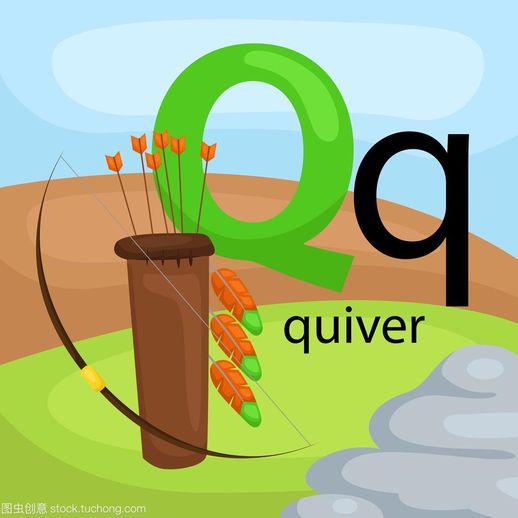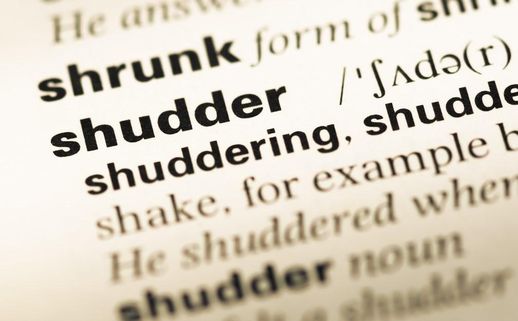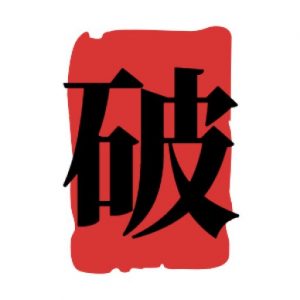tremble tremble火影忍者
动词shake、tremble、quiver、shiver和shudder都涉及“振动”或“颤抖”,但它们所传达的感觉和应用场景有所不同。让我们深入探讨这些词汇的细微差别。

shake是最常见的动词,适用范围广泛,可以描述人或物体的震动。对人而言,shake通常指因激动、寒冷或恐惧而引起的全身或局部颤抖,也可表示物体的不规则振动。例如,
“Shake well before using.”
意为使用前请充分摇晃瓶子。又如,
“He shook the tree and a cloud of leaves fell to the ground.”
他摇晃了树,树叶纷纷落下。而在地震时,
“The whole house shook during the earthquake.”
意指整个房屋都在震动。描述因某种情感或状态而产生的颤抖时,如
“The poor girl was shaking with cold.”
那个可怜的女孩因寒冷而颤抖。另一例子是
“His hands shook a little as he wrote.”
他的手在写字时有些发抖。要表示“因……而颤抖”,通常会用介词with加名词。

接下来,tremble则指因愤怒、恐惧、寒冷或疲劳等原因导致的无法控制的轻微而迅速的抖动。比如,
“The children trembled with fear when they saw the policeman.”
孩子们见到警察时吓得发抖。
“Hearing the words, he trembled with anger.”
听到这些话,他因愤怒而发抖。
“His voice trembled with excitement.”
他的声音因兴奋而颤抖。tremble后可以跟介词with来描述具体的原因。

至于quiver,这个动词主要用来描述树叶、昆虫或云雀翅膀的颤动。用于人时,quiver指因恐惧或强烈感情的抑制引起的嘴唇或声音的轻微抖动,但强度较tremble轻。例如,
“Aspen leaves quiver in the slightest breeze.”
白杨树叶在微风中轻微颤动。
“The skylark quivered with wings.”
云雀轻微地振动翅膀。
“The little boy’s lips quivered as he tried not to cry.”
小男孩试图不哭,嘴唇却微微颤抖。
“Mary’s eyes were filled with tears, and her chin was quivering.”
玛丽眼里含泪,下巴颤抖。

shiver主要用于描述因寒冷引起的颤抖,也可用于因恐惧而产生的肌肉抖动,动作通常短暂而迅速。例如,
“He came into the house snow-covered and shivering.”
他浑身雪花,冷得发抖。
“Our enemies must be shivering in their shoes.”
我们的敌人一定吓得发抖。

shudder则常常表示由于极度恐惧或厌恶而引发的全身战栗,动作通常是突然、猛烈而短暂的。比如,
“It was one of those illnesses from which we turned away our eyes shuddering.”
这是那些令人不忍直视的疾病之一。
“He shuddered at the sight of blood.”
他见血时不禁战栗。
“People shuddered because of fear, cold or disgust.”
人们因恐惧、寒冷或厌恶而发抖。

